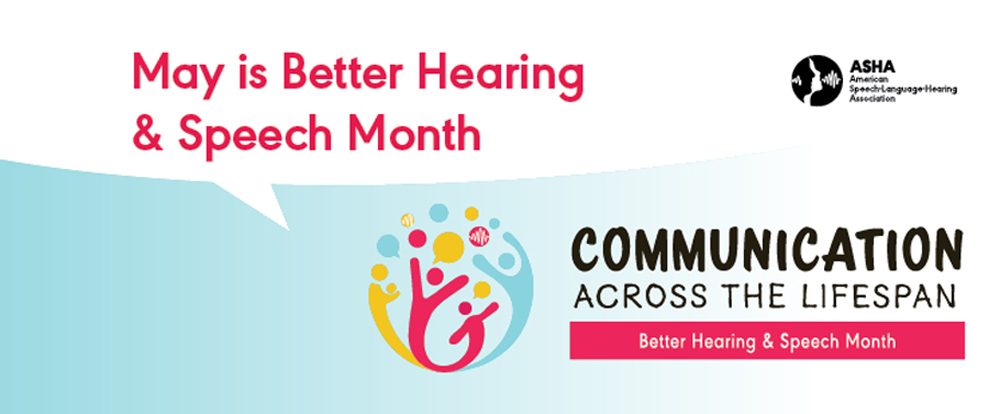From May 19 to 25, Better Hearing & Speech Month continues with a focus on speech and language in school-aged children. Speech and language disorders are some of the most common disabilities for school-aged children and have the potential to affect a child’s academic success and social relationships. Children with spoken speech or language disorders are more likely to have trouble reading, writing, and spelling. In addition, advanced oral communication skills develop during the school years, and children are increasingly expected by their peers to participate in more complex conversations by staying on topic and speaking clearly.
Speech-language pathologists in the schools can help children with issues as diverse as speech sounds, vocabulary and grammar, and stuttering (fluency). The articles below provide a sample of the wide scope of practice for the school-based speech-language pathologist. Language, Speech, and Hearing Services in Schools is a great source for any school-based professional looking to learn more about working with these diagnoses or a variety of other diagnoses that they may encounter.
- Bridging Oral and Written Language: An Oral Narrative Language Intervention Study With Writing Outcomes. Working from literature showing a correlation between oral and written language, researchers examined the effect of oral instruction on children’s written skills.
- Internal and External Factors That Support Children’s Minority First Language and English. The authors studied 69 children who spoke Vietnamese at home while receiving instruction in schools in English to determine which factors most affected English language development.
- Distributional Cues to Language Learning in Children With Intellectual Disabilities. This tutorial examines the current knowledge about language learning in children with different intellectual disabilities. The article discusses future directions for considering language theories in interventions for children with intellectual disability, with a focus on language input.
- Understanding Dyslexia in the Context of Developmental Language Disorders. In this study, the authors focused on clinical implications for working with children with dyslexia—with and without developmental language disorders—in the schools.
- Evidence, Goals, and Outcomes in Stuttering Treatment: Applications With an Adolescent Who Stutters. This clinical focus showcases a process for designing and conducting a treatment plan with a 14-year-old patient who stutters.
To learn more on how to advocate for the crucial role of audiologists and speech-language pathologists in the schools, check out the variety of resources on ASHA’s BHSM page.







